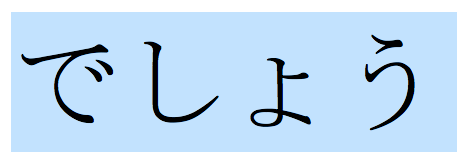Don’t be fooled by translations
In one of my other blog posts, I mentioned how watching subtitles when studying a foreign language is a bad idea because your brain stops paying attention to the details of the language and takes the easy route to comprehension. There’s actually another major reason to avoid subtitles which I’ve decided to devote this post… Read More »







